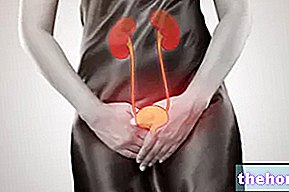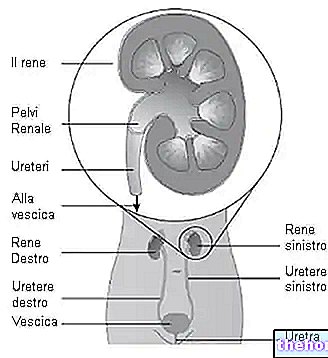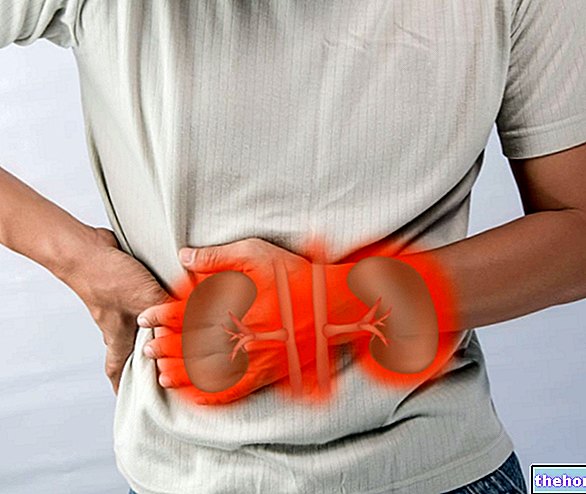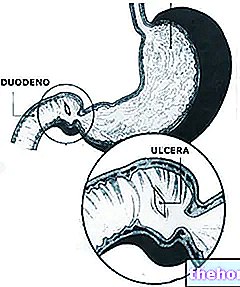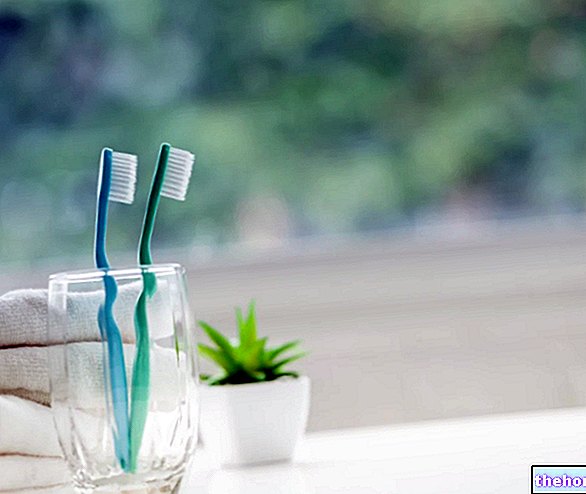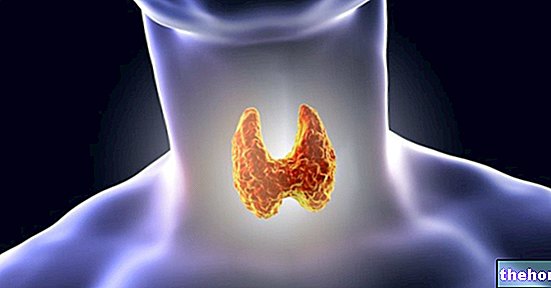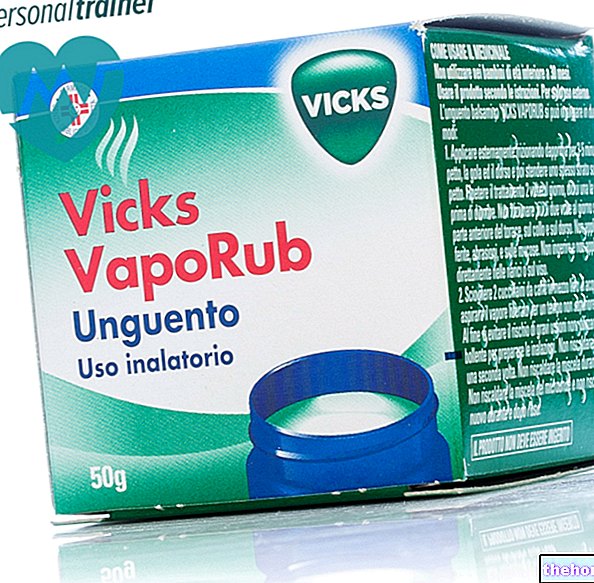Vaginal discharge - Candida diet - Leucorrhoea gravidarum
Definition
Leucorrhea is a medical term that denotes the leakage of abundant vaginal secretions, more or less viscous, whitish-transparent in color and subtle odor.
The secretion of the uterine cervix (see cervical mucus) and the small quantities of liquid that exude from the internal mucosa of the vagina are important to maintain the optimal lubrication and cleaning of this musculomembranous canal.
Causes

Leukorrhea can also be caused by inflammatory processes (vaginitis) or mucosal congestion. In physiological leukorrhea the losses are opalescent and dissociated from a symptomatology, while in the infectious processes the abundant vaginal secretions are associated with more or less serious disorders, according to the pathogens present and the degree of infection.
Symptoms
Symptoms commonly associated with pathological leukorrhea are itching, irritation, redness, burning and vulvo-vaginal pain (amplified by sexual intercourse). Generally the cocci give a "white-yellowish infection, the Candida gives a leukorrhea with a ricotta-like appearance, the Gardnerella gives the secretions a characteristic smell of rotten fish, the Trichomonas gives a greenish leucorrhea and the infections from Chlamydia and Mycoplasmas run in a paucysymptomatic way When the secretion takes on a yellowish color it is called leucoxantorrhoea, since the purulent material contains neutrophilic lymphocytes.
Treatment
In the presence of leucorrhea it is important to consult your doctor in advance before resorting to over-the-counter drugs or "friend's remedies", in order to identify the causes and establish the most appropriate therapy.
Prevention is implemented through normal daily intimate hygiene (neither poor nor excessive); after defecation, for example, it is essential to cleanse from the vagina towards the anus and not vice versa, to avoid carrying fecal bacteria towards the vulva.
Vaginal douches are not recommended in healthy women (even after intercourse or menstruation), as they can deplete the vaginal flora of useful bacteria and facilitate infection or worsen existing leukorrhea.
Primary prophylaxis is completed by eliminating synthetic underwear and clothing that is too tight and by adopting barrier methods (condoms) during casual sexual intercourse.

